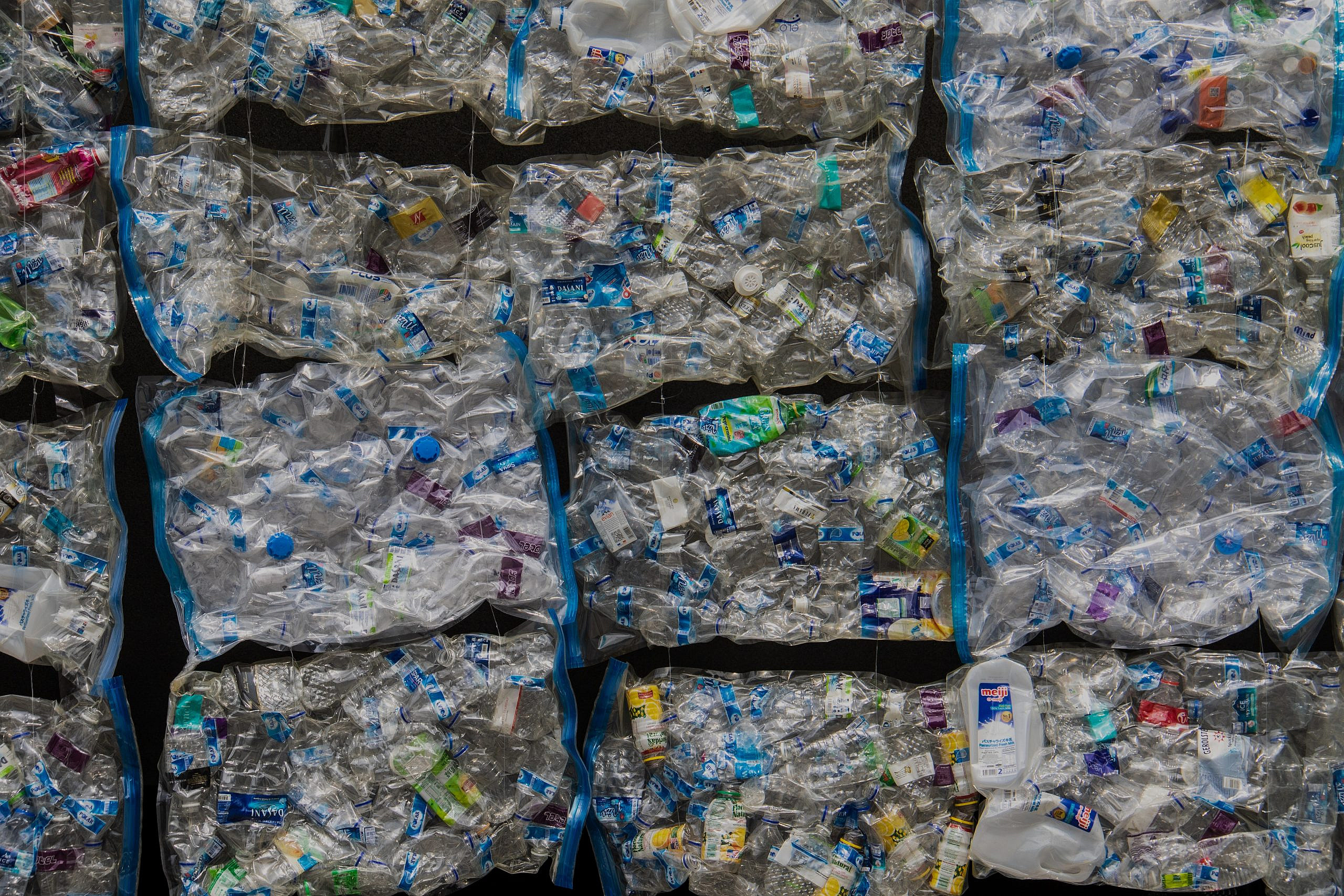We all know about plastic pollution—the microplastics that are shed and the general waste caused. And we know how difficult it is to recycle a product that takes 500 years to biodegrade. But the harm plastics do starts’ even before they are made.
Plastics are made from fossil fuels and they emit greenhouse gases from cradle to grave. At the moment, they are responsible for up to 8% of oil consumption globally, and unless action is taken, that figure will only rise. In fact, from 2020 to 2040, analysis suggests that BP expects plastics to represent 95% of the net growth in demand for oil.(1)
“Plastic & Climate: The Hidden Costs of a Plastic Planet,” a report by the Center for International Environmental Law (CIEL), a nonprofit environmental law organisation found that if we continue to rely on plastics as heavily as we do, they will account for 20% of oil consumption by 2050.(2)
Oil, gas, and coal are the building blocks of plastics and their extraction and transportation are carbon-intensive. The CIEL report estimated that extracting and transporting natural gas for plastic creation in the United States alone accounts for 12.5 to 13.5 million metric tons of carbon dioxide equivalent each year. These emissions are all produced before the plastic is actually made.
Refining plastics is equally greenhouse-gas intensive. In 2015, emissions from the manufacturing of ethylene, which polyethylene plastics are made from, were 184.3 to 213 million metric tons of carbon dioxide equivalent. That is about as much as 45 million passenger vehicles emit each year, according to the CIEL report. Carbon dioxide emissions from ethylene production are projected to expand by 34% between 2015 and 2030.
On average, one tonne of plastic produces five tonnes of CO2 , roughly twice the CO2 produced by a tonne of oil.(3)








